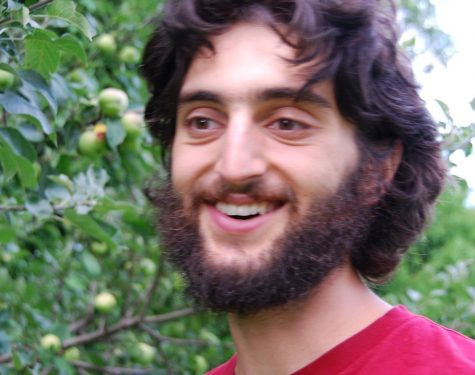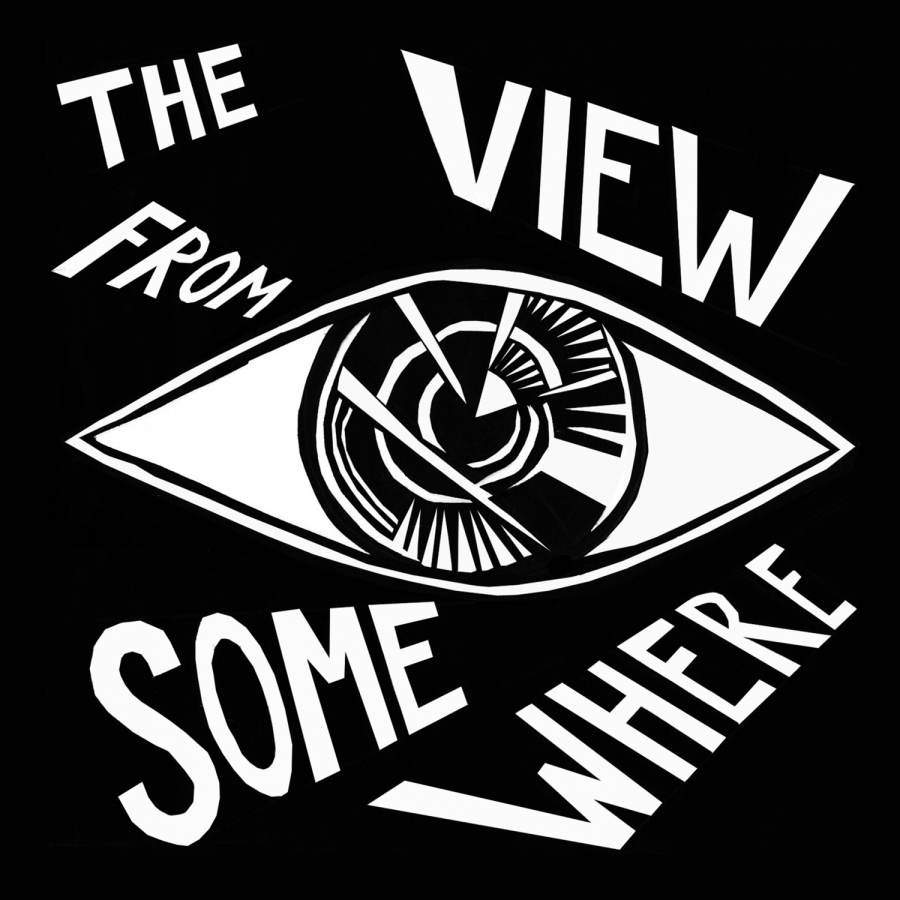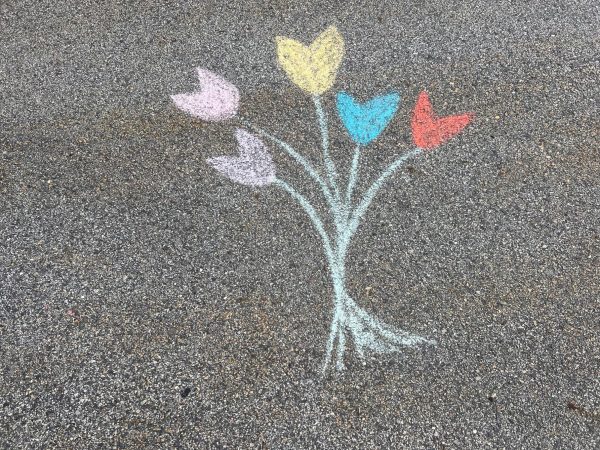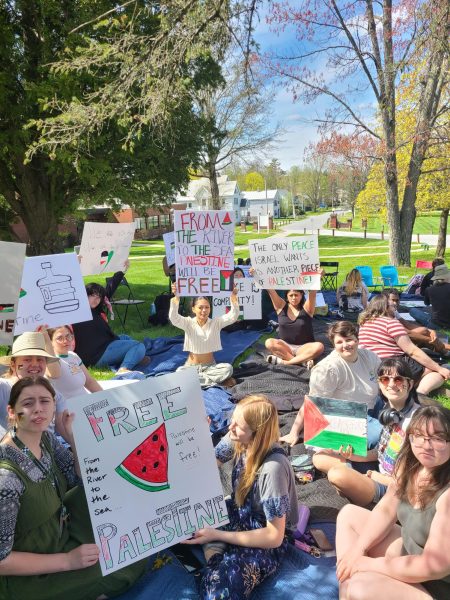“The View From Somewhere” and aspiring for better journalism
Over the summer I was an assistant at a weeklong beginner radio documentary intensive. Students came from across the country and converged on Durham, North Carolina to work in pairs on a three to six minute radio piece.
One of these pairs, two white men, were assigned to interview a Black woman on the local Board of Elections.
For context, there is a lot of voter suppression happening in Black communities in North Carolina. There’s a new voter ID law that excludes college IDs from some HBCUs (Historically Black Colleges and Universities). Polling stations in Black communities are closing or limiting their hours. A previous law got struck down in court for targeting Black voters “with almost surgical precision.”
The interview with this elections official didn’t mention any of that. It instead focused on efforts to enhance election security and encouraging people to vote. The omission was glaring.
Why didn’t they talk about it? Did the white students not know enough to ask about it? Did they feel uncomfortable talking about race? Did her role as a public official influence what she said? Would it have been different if the students were from the area? What if they were Black?
These poor students were total beginners, and were only told who they’d be interviewing the day before. I’m not surprised that they failed to get the biggest local voting issue into their story about an elections board member.
Still, I could imagine this going pretty much the same way in a conventional newsroom. If a white reporter, detached enough to be deemed unbiased by their organization (or deemed unbiased because of the assumption of whiteness as a default), interviewed her, she would probably give similar answers.
But what if the reporter was another Black woman, and personally affected by voter suppression? What if she came at the story with an explicit goal of fighting the injustice? What if she worked with the Board member to frame it in such a way that it captured the nuances of the situation, without publishing anything that would compromise her as a public figure or hinder her work?
Conventional journalistic wisdom would discourage this. The reporter would be perceived as unable to be objective, unable to seek truth and report it with clear eyes. But coming from a particular point of view and life experience need not suppress our curiosity or cloud our eyes. Being transparent, and in many cases collaborative with our subjects, can lead to a deeper story, a truer truth.
In Lewis Wallace’s new book, “The View from Somewhere,” he delves into these sorts of issues. While the book centers around deconstructing the concept of journalistic “objectivity,” he also envisions some ingredients for better journalism that creates a better world. What follows are a few of my subjective takeaways and analyses, using Wallace’s work as a springboard.
One element Wallace advocates for in journalism is a clear power analysis. Some questions to think about while reporting include: who has institutional power in this story? What power do I wield as a journalist? How can I support marginalized people to tell their own stories? How can I fight for equality with my work?
I’m sure the author of my journalism textbook would wince at this. Having an agenda in reporting builds audience distrust and skews the reporting, or so that line of thought goes. But without a conscious power analysis, journalism reinforces current power structures, whether or not they are just. As radio producer Ramona Martinez says in the book, “Objectivity is the ideology of the status quo.”
This where some other elements come into play that Wallace (and myself) see as important in the journalism to come. As I see it, they help counter the inaccuracy that comes with unchecked bias.
With curiosity, we hungrily look for insight into the world, gathering data in our lives and in our reporting.
With self-awareness, we critically examine our own values and biases.
With deep empathy, we attempt to understand the experiences of those with different experiences than us, and let those inform our worldview, filling in some of our blind spots.
With transparency, we let our audiences know where we’re coming from, allowing them to bring their own perspectives to create a more thorough picture.
As our data about the world filter through all of these and combine with our values, we get our analysis. It should be ever shifting as we learn more.
Our analysis reflects our current best understanding of the truth. Instead of running away from it, it should be our guiding star for the most truthful reporting. Our energy as journalists should go not just into gathering facts and quotes for stories, but into developing our analysis.
Please read “The View from Somewhere.” This article has barely scratched the surface. Wallace explores these issues, along with many, many more, absolutely beautifully. As a cis white guy who has lived a fairly charmed life, I am writing based largely on abstractions and empathy. But Wallace has a deep perspective from his personal experience to pull on.
As a transgender person working in the news industry, he couldn’t ignore it when he was asked to be “objective” on debates of, say, whether or not he should exist. He combines personal experiences from his career as a journalist with rigorous research and reporting.
He recounts the history of “objectivity” (which remains in quotations marks throughout the book) through the years, all the way from its emergence as a concept in the 1800s. He tells stories of change-makers and journalists, past and present, who have defied the status quo and found new ways to do journalism. And refreshingly, he doesn’t come to firm conclusions, encouraging readers to continue the conversation and live in the questions.
I’ll leave you with a conversation I had with a friend I made at that radio intensive. They told me about a news podcast they had listened to that made no pretense of objectivity. One episode talked about the family separation at the Mexican border. The host paused at one point and said that she needed to take 30 seconds to compose herself.
That little moment of humanity stuck with my friend. They talked about the contrast between that and the coverage on the NPR newscast. How can the NPR hosts talk about all this horrible shit in a detached neutral voice, they wanted to know. Why weren’t these hosts as emotionally affected by the story as they were?
As I thought about it, I realized that I didn’t have the same reaction. I had become desensitized. And that scared me.
I had heard so many of these neutral newscasts, talking about tragedy as if it were routine, that tragedy felt routine to me. How had I become so detached from my emotions? How is anyone supposed to change anything if we’re not able to fully feel it? With a desensitized public, those who perpetrate tragedies are given the cover to keep doing it.
Journalism, even imperfect journalism, is crucial. But its insistence on neutrality over humanity might just be emotionally neutering us. And, by extension, keeping us from accessing our collective power for change.
“The View from Somewhere” can be purchased wherever books are sold. With my Opinion Column Powers of non-objectivity, I’ll recommend ordering it through a local bookstore or the University of Chicago Press website, not supporting Amazon.
An excellent accompanying podcast, also called “The View from Somewhere,” is available on iTunes and other podcast apps, or on Wallace’s website, www.lewispants.com.

Senior, Professional Studies
Grew up in East Montpelier, VT
Fall 2019 - Present
In my spare time that I pretend I still have, I play saxophone...




